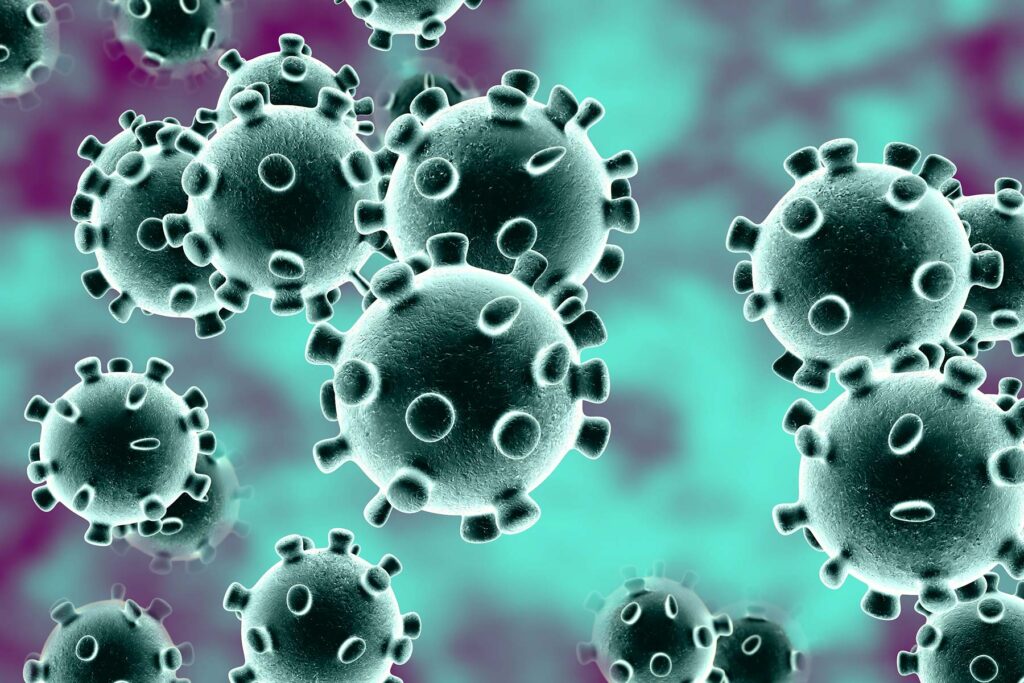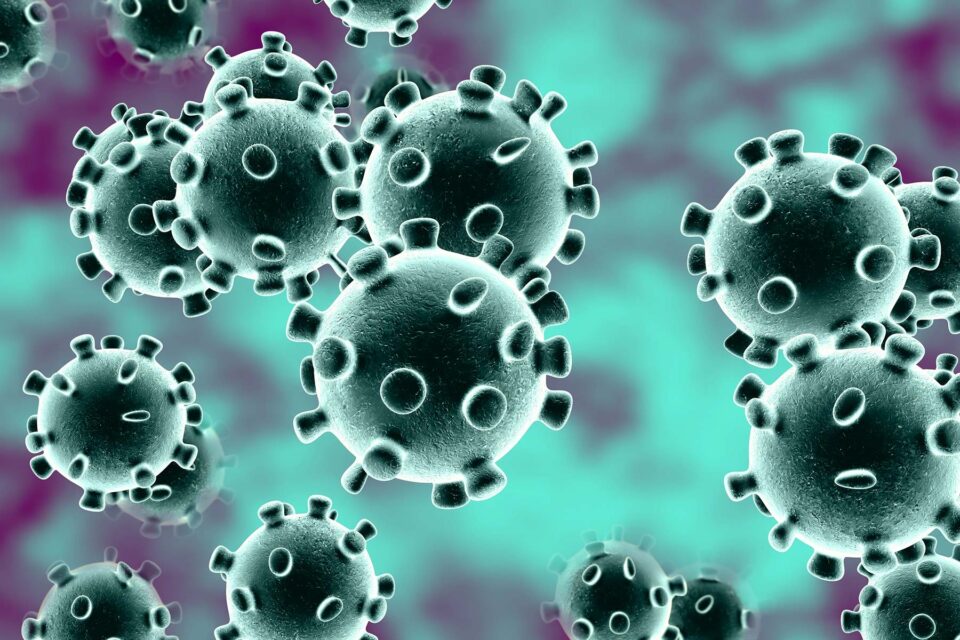
The coronavirus has now spread throughout the world after the first case was found in Wuhan in Hubei Province in eastern China in December 2019.
In this article you can get the full overview and the answers to the key questions – we will keep updating.
The first Dane was tested positive for coronavirus on the night of Thursday, February 27, and that person has since been declared healthy.
Meanwhile, several are found infected – no one has died from the virus in Denmark.
On Wednesday, March 11, Prime Minister Mette Frederiksen (S) announced that Denmark has effectively closed down from Monday, March 16, where schools and day-care institutions, among other things, will not be open for two weeks. Parents are encouraged to keep children home as of Friday, March 12.
In addition, all public employees – without critical functions – are sent home.
All vulnerable people are strongly encouraged to stay home.
The outbreak of coronavirus has caused more than 120,000 people to become infected. China is by far the hardest hit country with over 80,000 infected.
It was also here that the virus was first discovered. So far, more than 3,000 Chinese have died.
South Korea, Japan, Iran and Italy have also been affected by major outbreaks. Italy is the hardest hit in Europe with over 10,000 infected countries.
On Monday, March 9, Germany was able to report on the first two deaths as a result of the spread of the coronavirus.
South Korea has over 7,000 confirmed cases of infection and has raised the country’s emergency preparedness to the highest level.
Symptoms of coronavirus may show up with fever, cough or difficulty in breathing.
Symptoms are seen up to 14 days after being exposed to infection. If you have been in a country where the coronavirus has spread within the last 14 days, or if you have been in close contact with someone with the coronavirus, call your doctor if you are ill.
It is important that you call first and do not show up in the doctor’s waiting room as you can infect others.
Outside business hours, call an emergency room or emergency phone in your area:
• Capital Region, Emergency Telephone: 1813
• Northern Jutland Region, Medical Guard: 70 150 300
• Central Jutland Region, Medical Guard: 70 11 31 31
• Region Zealand, Medical Guard: 70 15 07 00
• Region of Southern Denmark, Medical Guard: 70 11 07 07
The need for coronavirus testing is assessed by doctors specializing in infectious diseases, and the analysis is only performed in patients who have signs of respiratory disease and where there is reason to suspect that the person may be infected.
Coronavirus infects, among other things, by handshake and cough directly in the face:
The infection is excreted in the airways, and people who are sick secrete viruses when coughing and sneezing. If you are close to a person infected, the virus particles can be inhaled.
Virus particles on the skin, transmitted by, for example, handshakes, can spread to the respiratory tract if you rub in and around your nostrils or mouth with your fingers.
You may be at particular risk of infection and of becoming seriously ill if you are:
• Elderly, especially older than 80 years.
• Chronic ill with moderate or severe illness, e.g. chronic lung disease, cardiovascular disease, cancer and diabetes 1 and 2 as well as reduced immune system (congenital or due to immunosuppressive medicine or disease that inhibits the immune system, such as AIDS).
• Pregnant women (based on a precautionary principle).
• Children suffering from chronic diseases (based on precautionary principle).



